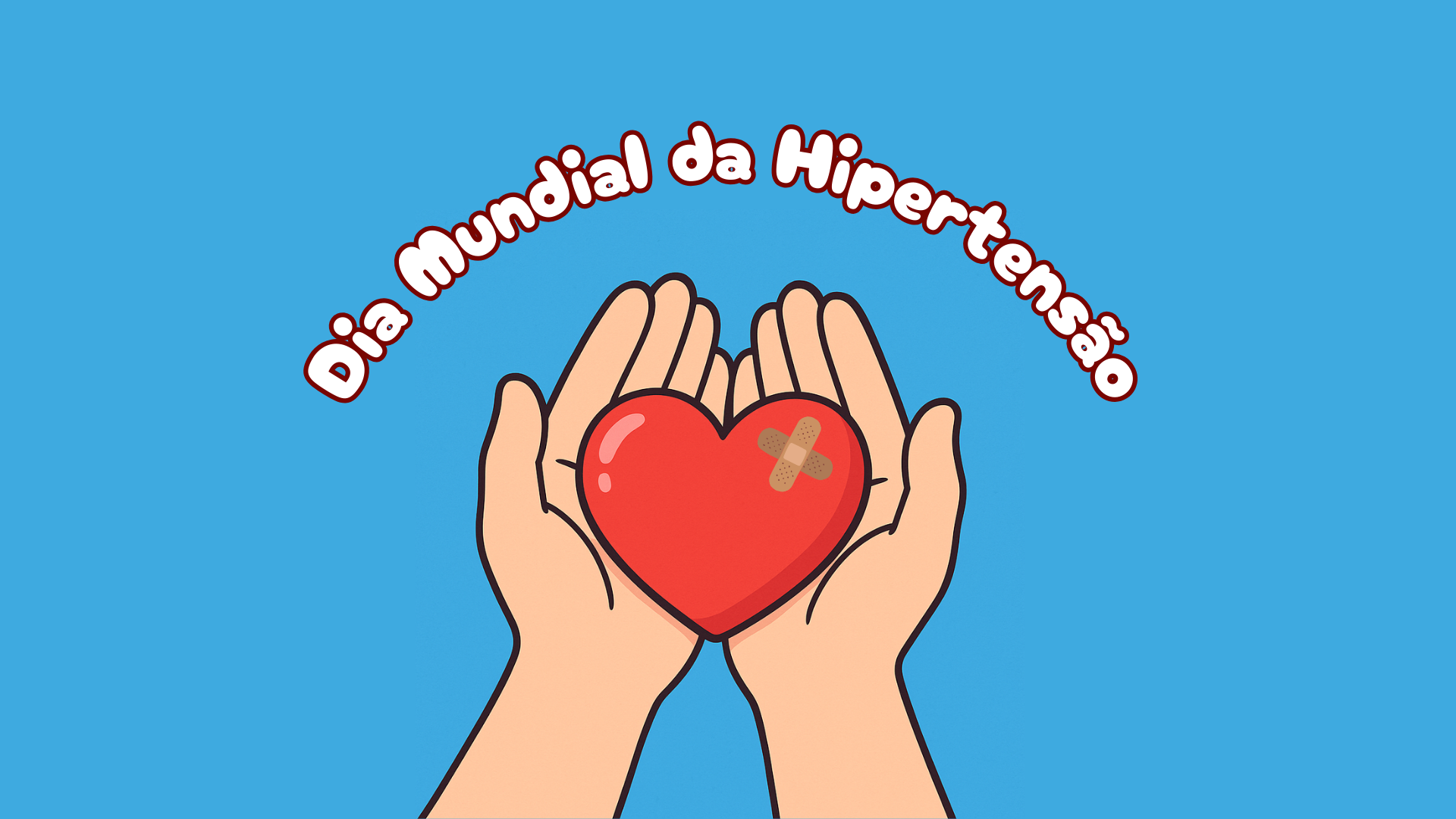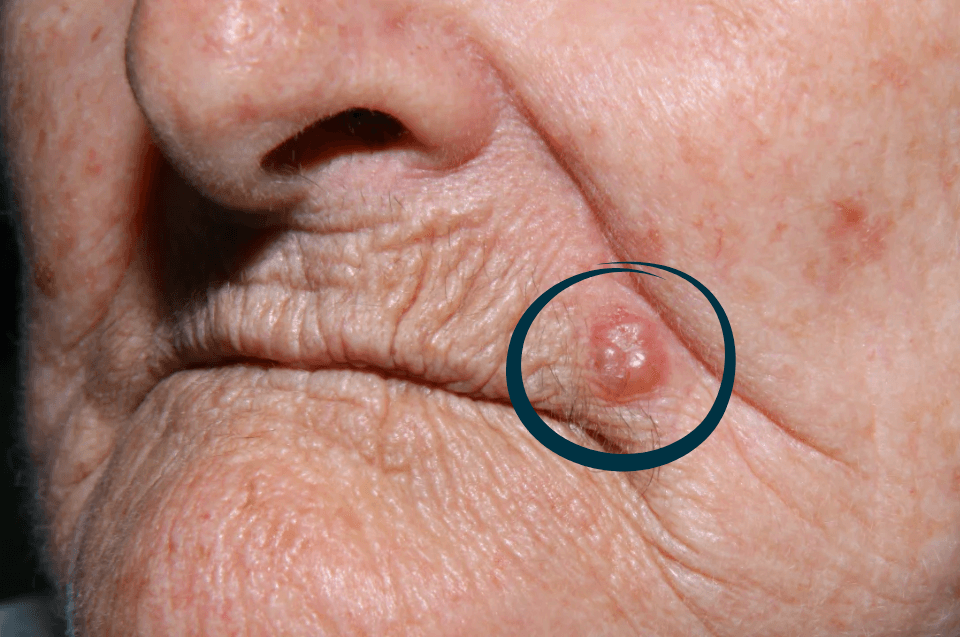Arterial hypertension, or high blood pressure, is one of the main risk factors for cardiovascular diseases — such as heart attack, stroke, and heart failure — and represents a major public health challenge around the world. That’s why World Hypertension Day, celebrated on May 17, aims to raise awareness about the importance of regularly measuring blood pressure and maintaining healthy lifestyle habits.
What is Arterial Hypertension?
Arterial Hypertension is a condition where blood pressure against artery walls remains consistently elevated. This extra effort the heart must make to pump blood can, over time, damage blood vessels and vital organs like the brain, heart, kidneys, and eyes.
In general, a person is considered hypertensive when they present blood pressure equal to or above 140 over 90 mmHg (14 over 9) in more than one reading on different days. However, the clinical assessment should also consider other risk factors and the patient’s medical history.
Symptoms: are there signs of hypertension?
Hypertension is often called a “silent disease” because it typically shows no symptoms until complications arise. When symptoms do occur, the most common include:
- Frequent headaches
- Dizziness or blurred vision
- Palpitations
- Chest pain
- Nosebleeds
It’s important to note that not everyone with high blood pressure will feel those symptoms, that is why regular blood pressure checks are essential, even if you feel fine.
Causes and Risk Factors
Hypertension may be primary (essential), with no identifiable cause, or secondary, when linked to other conditions such as kidney disease, hormonal disorders, or the use of certain medications.
Most common risk factors include:
- family history of hypertension
- older age
- overweight or obesity
- sedentary lifestyle
- diet high in salt and fat
- excessive alcohol consumption
- smokin
- chronic stress
Consequences of Uncontrolled High Blood Pressure
If left untreated, hypertension can cause serious and permanent health damage. Main complications include:
- cerebrovascular accident (CVA)
- myocardial infarction
- heart failure
- chronic kidney disease
- aneurysms
- vision loss
The good news is that with early diagnosis and proper treatment, blood pressure can be kept under control, and most of these complications can be prevented.
Diagnosis
The diagnosis of hypertension is made by measuring blood pressure using the proper equipment in a calm setting. Regular checkups with a doctor, especially important for people with risk factors.
In addition to basic measurement, complementary tests can be required to assess how hypertension affects target organs or to identify possible secondary causes.
Treatment and control
Hypertension treatment involves lifestyle changes and, when necessary, antihypertensive medications. The principal recommendations include:
- Reduce salt intake (less than 5g per day)
- Adopt a diet rich in fruits, vegetables, and whole grains
- Engage in regular physical activity (at least 150 minutes per week)
- Quit smoking
- Moderate alcohol consumption
- Manage stress
- Maintain a healthy weight
In many cases, these lifestyle changes are enough to control blood pressure. When they aren‘t, the doctor will indicate the use of medications that must be taken daily and following medical device
Myths and facts about hypertension
“Only older people have hypertension.”
Myth. While more common with age, hypertension can appear in young people, especially those with risk factors.
“If I feel fine, I can stop taking my medication.”
Dangerous myth. Blood pressure control depends on continuous medication. Stopping it on your own can cause hypertensive crises and increase complication risks.
“Hypertension can be cured.”
Myth. Hypertension has no cure, but it can be effectively controlled with proper treatment and lifestyle changes.
“Hypertension can be prevented.”
Fact. Adopting healthy habits early in life is the best way to prevent high blood pressure and its consequences.
Conclusion
Conclusion
World Hypertension Day is a valuable opportunity to emphasize the importance of taking care of your heart and overall health. High blood pressure is silent, but its effects can be devastating. Regular monitoring, healthy habits, and proper treatment are simple steps that save lives.
If you don’t know your current blood pressure, use the special day as a reminder to see a health professional and get it checked. The earlier diagnoses, make more chances to have a long and healthy life.



